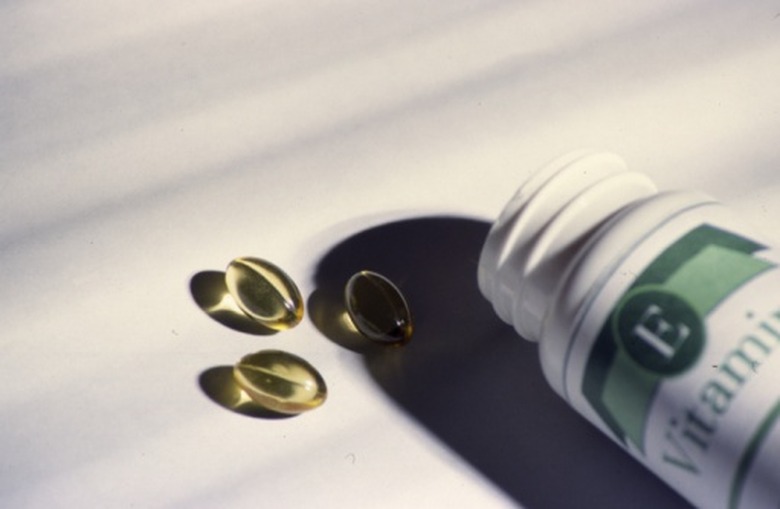How To Convert Ng/Ml To IU
The quantity measured of some drugs, vitamins and supplements derives from their biological activity. The units of mass/volume are well understood and easy to compare, but units of International Unit (IU) are much more ambiguous. The definition of IU with respect to dosage is a standardized amount that produces a biological effect. The conversion of ng/ml to IU is dependent on what particular drug, vitamin or supplement with which you are dealing. The conversion rate of ng/ml to IU will need the amount of the particular drug, vitamin or supplement required to show the specific biological effect.
Step 1
Find the definition of the weight of the drug, vitamin or supplement of interest required to show the level of biological effect. This definition indicates the weight for an International Unit value of 1. This information is a literature value that you can locate by contacting the manufacturer of the chemical.
Step 2
Convert the number of ng in the sample to milligrams. Most definitions of an IU are defined in terms of mg. Use the conversion factor of 1 mg = 10^6 ng. For example, find the number of mg of insulin in a ml of a solution containing 182 ng of insulin. 1 mg equals 10^6 ng. Convert the ng to mg by dividing by 10^6. The result is 0.000182 mg.
Step 3
Divide the weight of the particular vitamin, drug or supplement in mg by the number of mg equivalent to one IU. The result equals the number of IU's of the substance you have. Continuing the example, assuming 1 IU of insulin is 0.0455 mg, mg of sample / mg per IU = 0.000182 / 0.0455 = 0.004 IU.
Cite This Article
MLA
Lancaster, Sean. "How To Convert Ng/Ml To IU" sciencing.com, https://www.sciencing.com/convert-ngml-iu-8690836/. 24 April 2017.
APA
Lancaster, Sean. (2017, April 24). How To Convert Ng/Ml To IU. sciencing.com. Retrieved from https://www.sciencing.com/convert-ngml-iu-8690836/
Chicago
Lancaster, Sean. How To Convert Ng/Ml To IU last modified March 24, 2022. https://www.sciencing.com/convert-ngml-iu-8690836/
